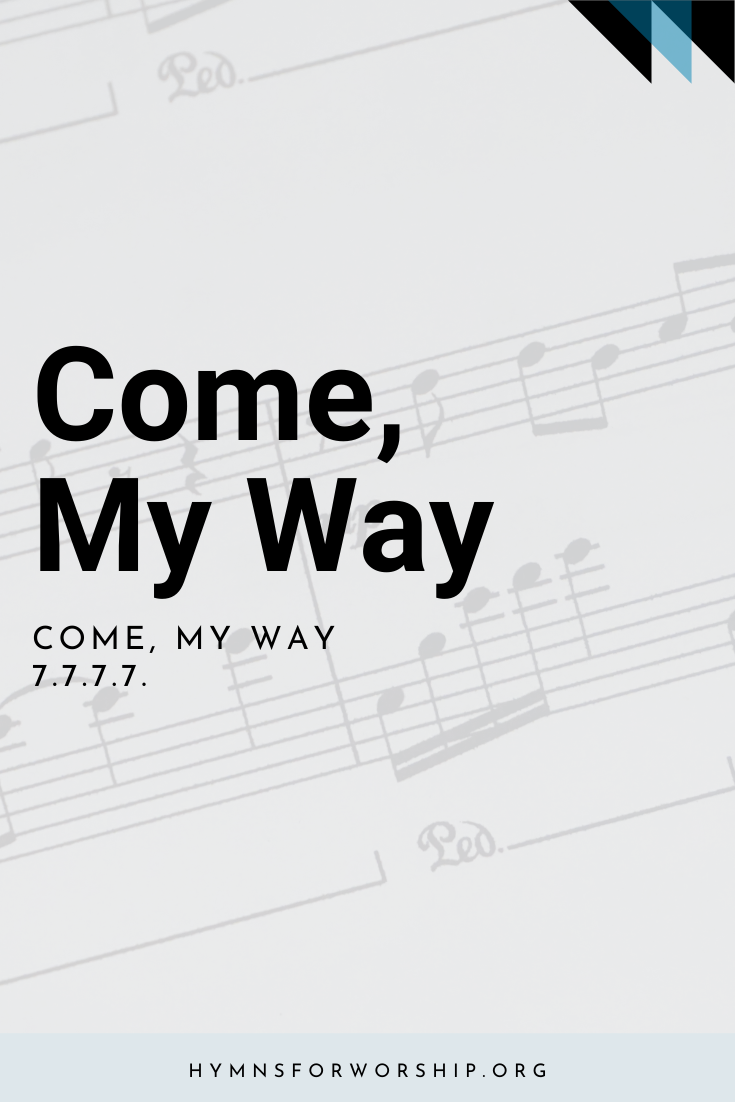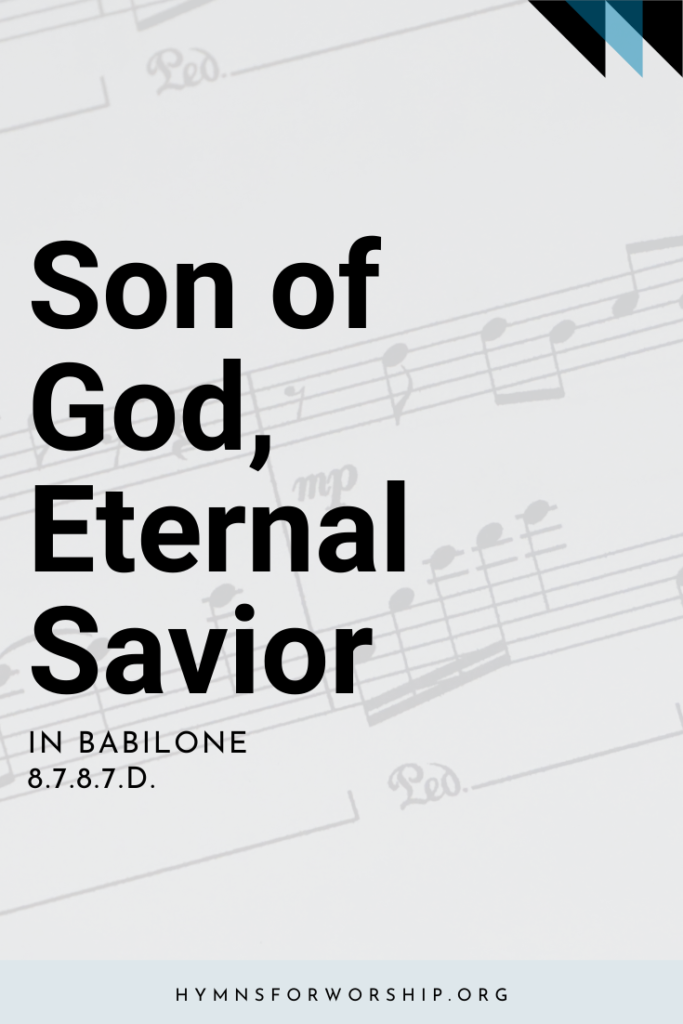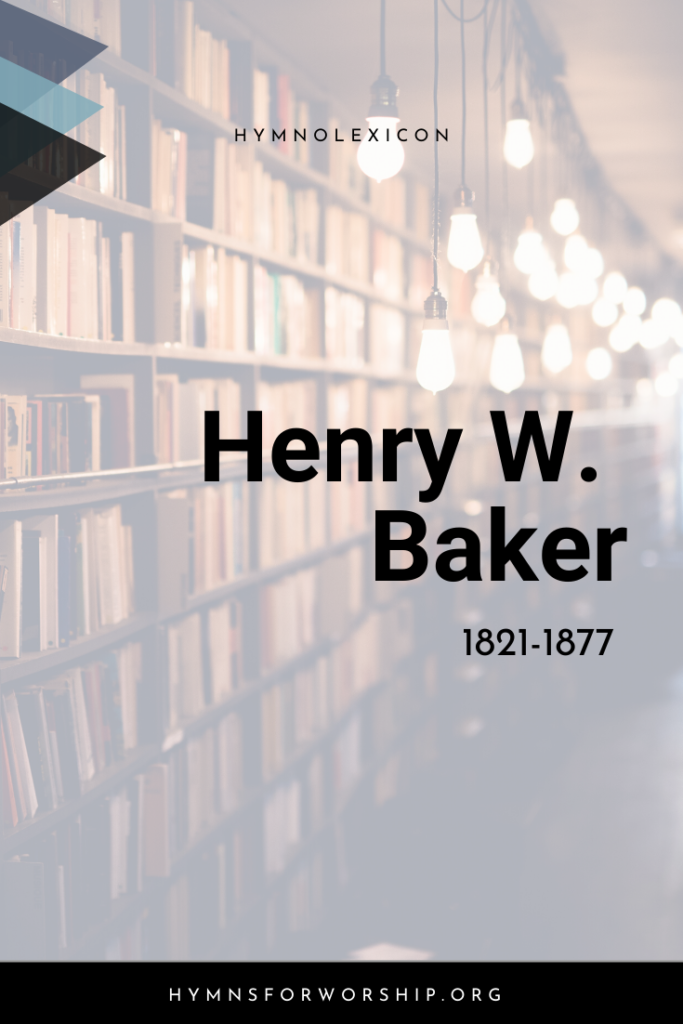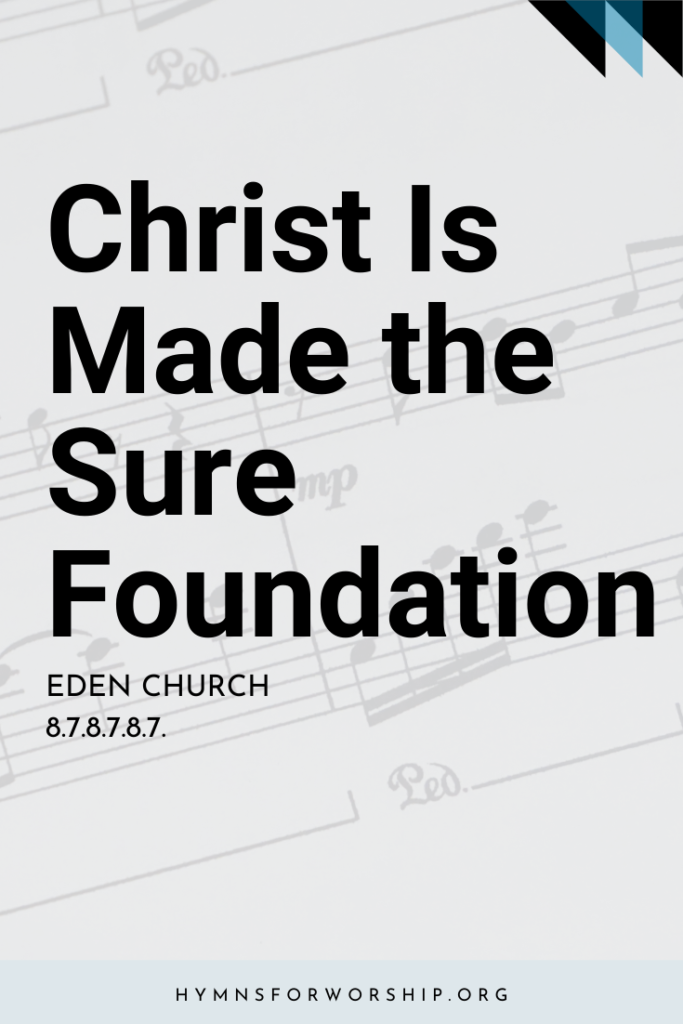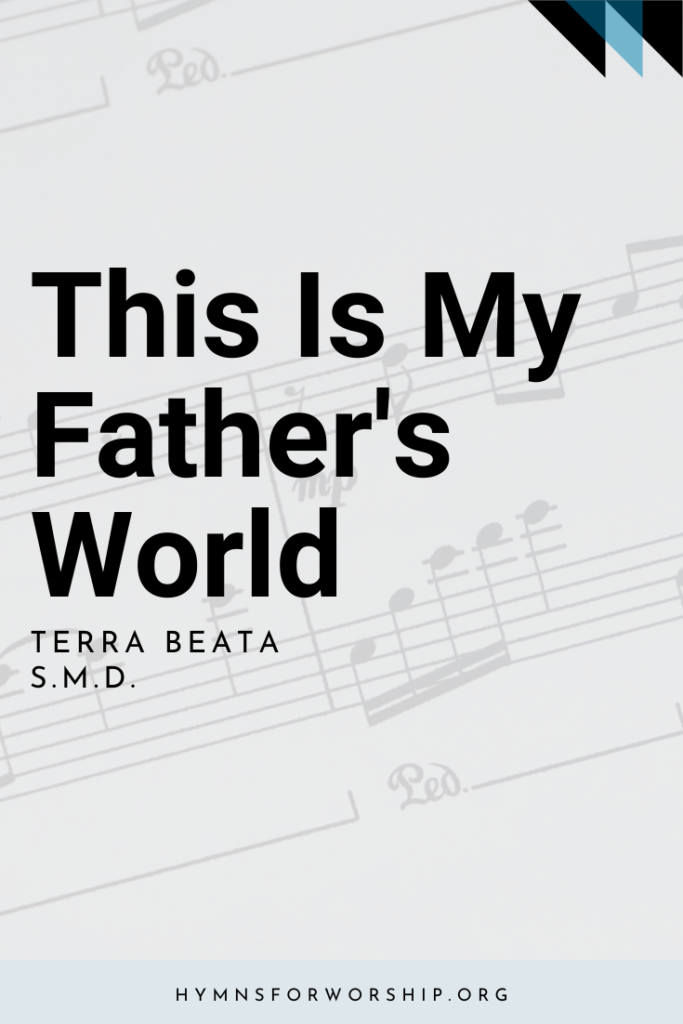JESUS CHRIST >> GLORY & PRAISE
SDAH 247
Come, my Way, my Truth, my Life:
such a way as gives us breath,
such a truth as ends all strife,
such a life as killeth death.
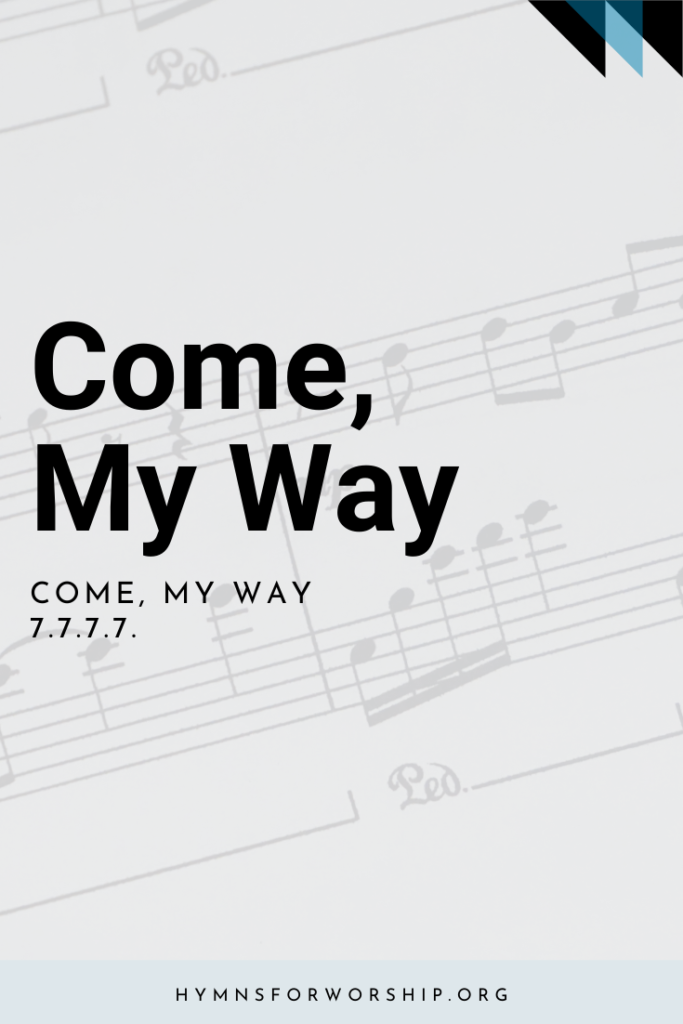

Text
1
Come, my Way, my Truth, my Life:
such a way as gives us breath,
such a truth as ends all strife,
such a life as killeth death.
2
Come, my Light, my Feast, my Strength:
such a light as shows a feast,
such a feast as mends in length,
such a strength as makes his guest.
3
Come, my Joy, my Love, my Heart:
such a joy as none can move,
such a love as none can part,
such a heart as joys in love.

Hymn Info
Biblical Reference
(a) John 14:6 (b) John 8:12 (c) Ps. 43:4
Author
George Herbert (1593-1633)
Copyright
Copyright by Headmasters’ Conference, 29 Gordon Square, London, WC1H ODS
Hymn Tune
COME, MY WAY
Metrical Number
7.7.7.7.
Composer
Alexander Brent Smith (1889-1950)
Alternate Tune
TRYGGARE KAN INGEN VARA, SDAH 101
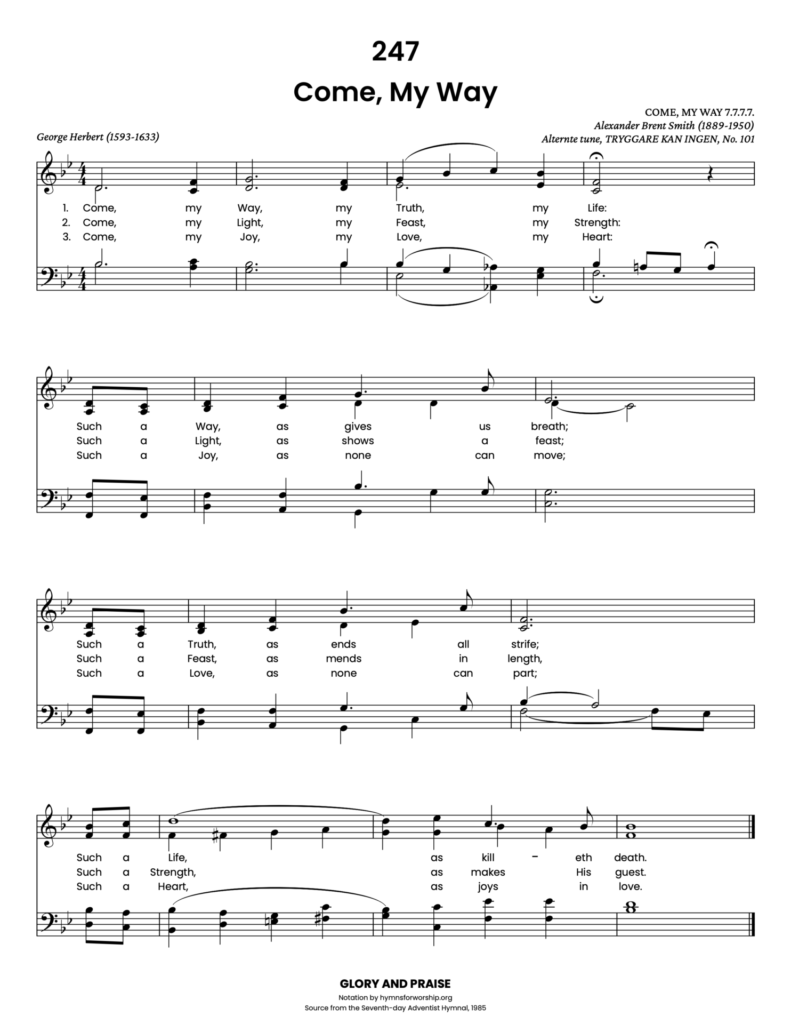
Get the hymn sheet in other keys here
Notes
Make each hymn more meaningful with these helpful tools: Short, ready-to-use hymn introductions for church bulletins, multiple ways to introduce a hymn based on your worship theme and in-depth history and insights to enrich your song service.

